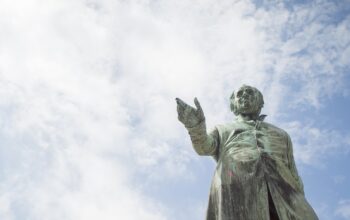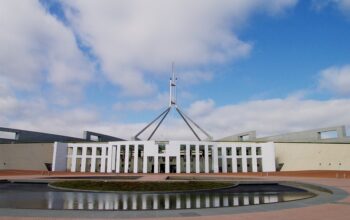Politics: A Brief Overview
What is Politics?
Politics is the process of making decisions that apply to members of a group. It involves the activities associated with governance, power, and authority. Politics can take place at various levels, from local government to international relations.
The Importance of Politics
Politics plays a crucial role in shaping societies and determining how resources are allocated. It helps to establish laws, regulations, and policies that affect the daily lives of individuals. Through politics, people can participate in the decision-making process and have a say in how their communities are governed.
Key Players in Politics
Politicians, political parties, voters, interest groups, and the media are all key players in the political landscape. Politicians are individuals who hold elected or appointed positions and are responsible for making decisions on behalf of the public. Political parties represent different ideologies and compete for power in elections. Voters have the power to choose their representatives and influence the direction of government policies.
Challenges in Politics
Politics can be fraught with challenges, including corruption, partisanship, and gridlock. Corruption can undermine the integrity of government institutions and erode public trust in politicians. Partisan divisions can make it difficult to reach consensus on important issues, leading to gridlock and inaction.
The Future of Politics
The future of politics is constantly evolving as societies grapple with new challenges and opportunities. Advancements in technology, changing demographics, and global interconnectedness are all shaping the political landscape. As we move forward, it will be crucial to promote transparency, accountability, and civic engagement in order to create a more inclusive and democratic society.




